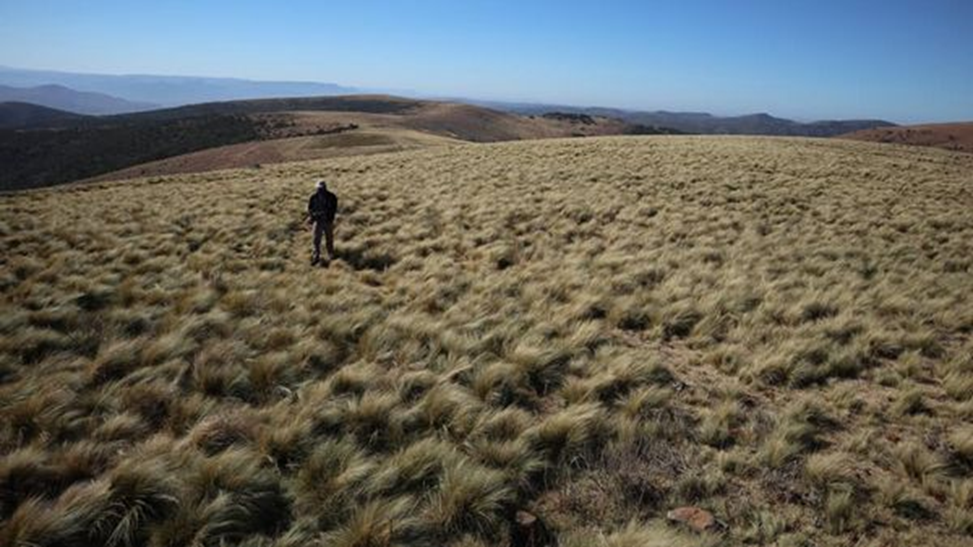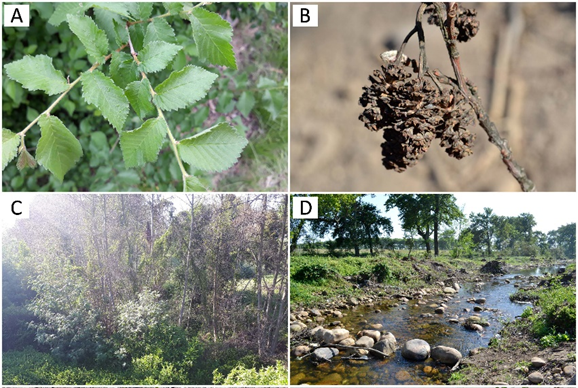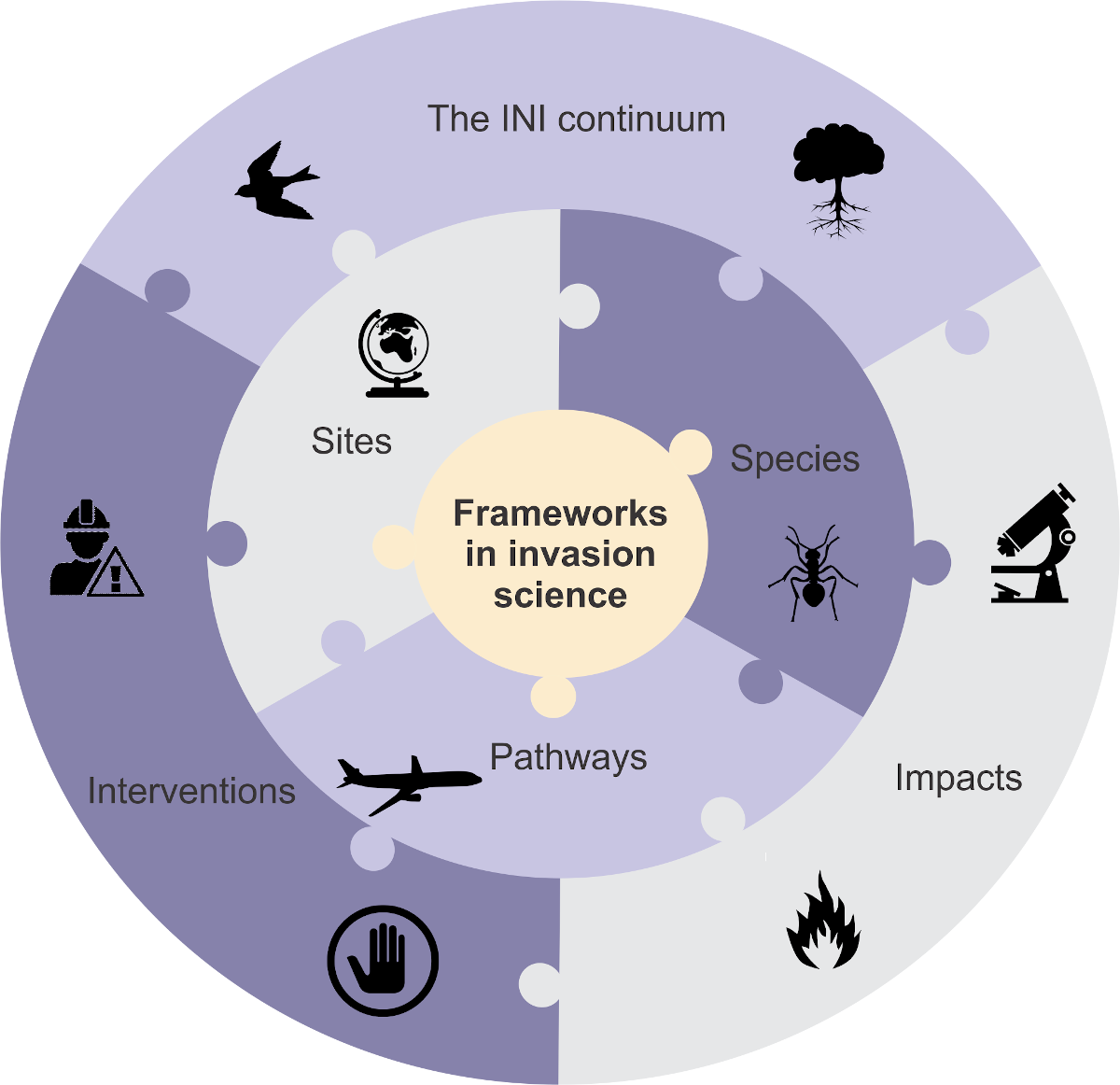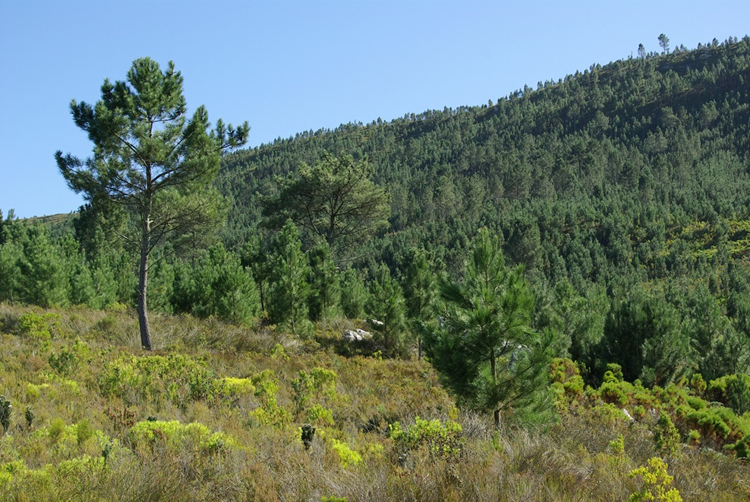Understanding Nassella invasions in South Africa
Urgent research is needed to guide more effective control measures for Nassella grass invasions in South Africa. This was the finding of an extensive literature review by C·I·B-funded PhD student Anthony Mapaura, with inputs from researchers at the Centre for Biological Control at Rhodes University and the University of the Free State’s Qwaqwa campus, and C·I·B Director Dave Richardson.




